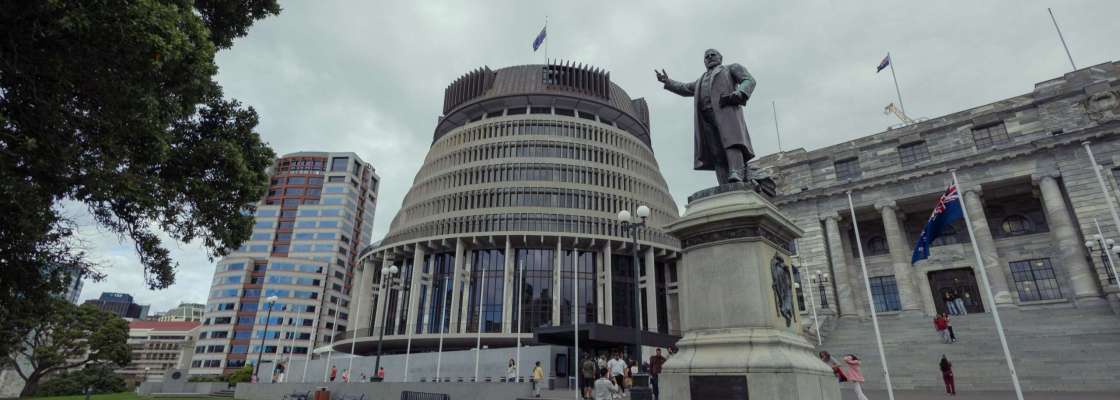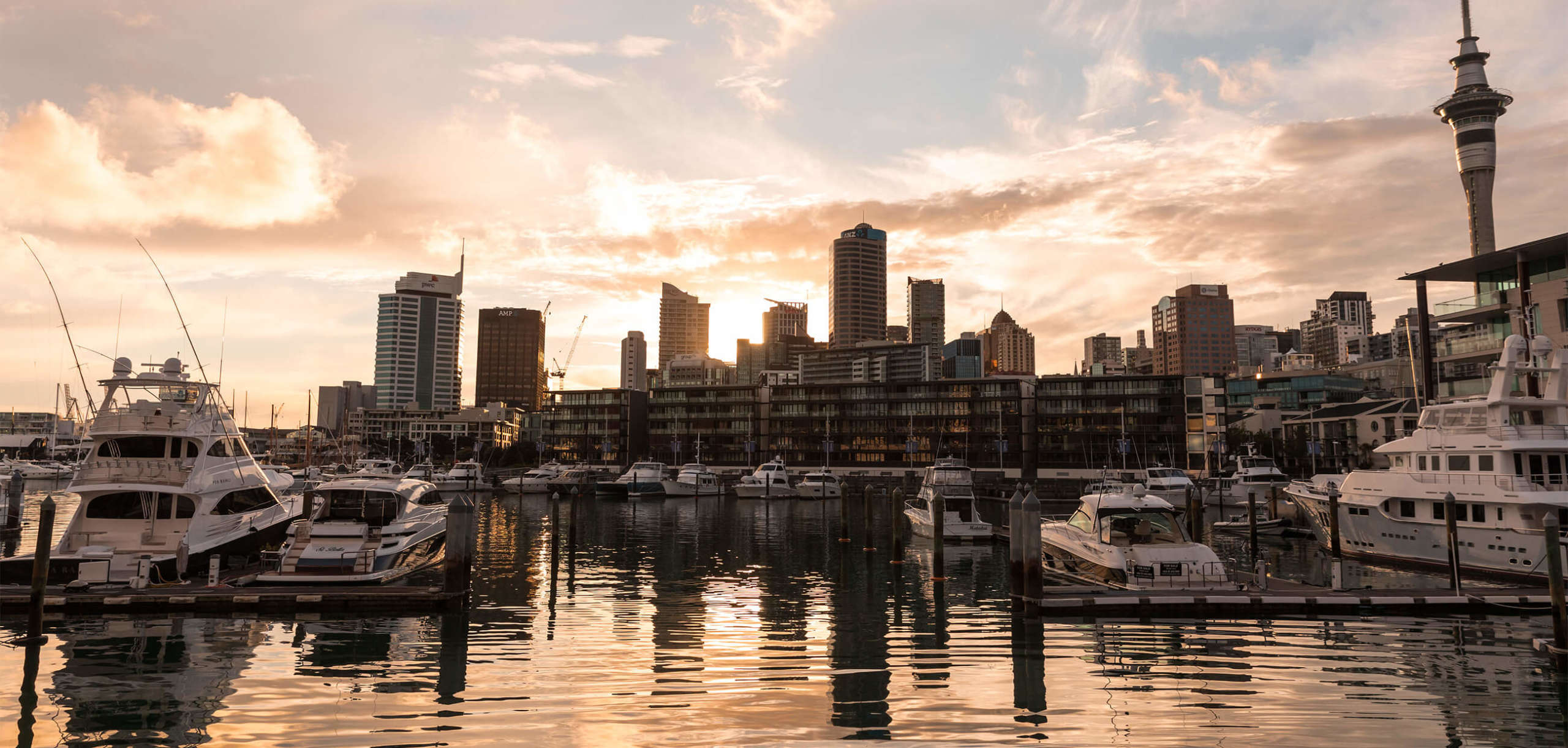August 2025
Tēnā koe,
Restaurant Association of New Zealand feedback on the Ministerial Advisory Group for Victims of Retail Crime’s options paper on anti-social behaviour around retail settings
The Restaurant Association of New Zealand (the Restaurant Association) welcomes the opportunity to provide feedback on the options paper on anti-social behaviour provided by the Ministerial Advisory Group – Retail Crime (MAG).
Since 1972, the Restaurant Association has worked to offer advice, help and assistance in every facet of the vibrant and diverse hospitality industry, covering the length and breadth of the country. We’re passionate about our vibrant industry, which is full of interesting, talented and entrepreneurial people.
We agree with the MAG that the status quo is inadequate to address the recurring anti-social behaviour being experienced in and around retail settings, and that continuing with the status quo is unlikely to achieve the MAG’s overarching aim of creating a zero-tolerance response to retail crime.
Feedback from our members
The Restaurant Association conducts regular surveys of our membership, and in recent years has conducted periodical snapshot surveys on safety and security. In the six months to March 2025, 36.4 percent of those who responded to our survey indicated that their business had been the victim of a crime — a slight increase from our survey conducted in 2024 (33.3 percent).
Of note however is the significant increase in anti-social behaviour being identified as a crime experienced by our members – where burglary or robbery made up the majority of identified crime (37.5 percent) in 2024, anti-social behaviour became the largest type of crime experienced by our members (28.57 percent) in 2025, more than double its prevalence in 2024 (12.5 percent). A summary table of the types of crime experienced by our members is available at appendix 1.
Option 1: move-on orders
The Restaurant Association supports the creation of a legal framework for ‘move-on’ orders, including the proposed grounds, safeguards and limitations. It is important that these orders are developed properly to ensure that truly anti-social behaviour is able to be addressed swiftly, in a manner proportional to the behaviour being exhibited.
We also support the enablement of trained Council by-law enforcement officers to issue move-on orders. Members consistently report that police commonly do not attend call-outs, or where they did attend, they could do little because of their delays.
Further, we recognise the reservations expressed by some Councils that move-on enforcement by their officers could result in increased violence against their staff. We note that the government is proposing a further option to provide additional powers for Councils, and we submit that while Councils can and should receive additional powers and training, the government should not require Councils to act. The responsibility for addressing crime first and foremost should rest with police, and the government should address directly the issues businesses experience when engaging with police, rather than creating a pseudo-police force by requiring Council officers to act.
Option 2: new criminal offences
The Restaurant Association strongly supports the introduction of a criminal offence for assaulting, threatening or abusing a retail worker, as well as allowing for aggravation of that offence where a retail worker is enforcing a statutory restriction.
As the largest representative body for the food and beverage service industry, we take our role in the responsible service of alcohol seriously. However, customers commonly criticise service staff at best, and abuse them at worst, for simply doing their job — for example, when staff stop service of alcohol in line with requirements in the Sale and Supply of Alcohol Act.
We agree that creating this criminal offence would send a powerful signal that we do not tolerate any abuse towards our staff, and would reinforce industry efforts to holistically reform how people perceive service industries, which they often see as unskilled, low-value or low-status.
Option 3: additional powers for councils
As mentioned above, we support the enablement of Councils to enforce their by-laws, with the caveat that discretion on whether or not to act must rest with the Council, and the ultimate responsibility for enforcement must remain with police.
Option 4: geographic bans
The Restaurant Association recognises the intent behind this proposal, however at present the proposal does not provide enough detail on how authorities would determine a designated or pre-defined zone, and we are concerned that this proposal takes a blanket approach to solving an issue that a minority of individuals cause. We submit that the government would better invest time and resources in effectively implementing more targeted measures.
Option 5: government action plan
The Restaurant Association supports the development of a government action plan to address anti-social behaviour in retail settings, and submits that the priority for any such plan must be on measures to prevent and address the root causes of anti-social behaviour, rather than focusing on a punitive approach once the behaviour has already taken place. We also question whether this is the best use of time and resources, given a plan on its own will not be effective, and the wider set of actions required to put such a plan in place would detract resources from the more targeted measures that require effective implementation.
Option 6: court-issued civil orders
The Restaurant Association does not support the adoption of this proposal at this time. There is no evidence available to support its efficacy, and the lengths of time required to process court orders render them ineffective in urgently responding to anti-social behaviour.
Conclusion
While the proposed options address anti-social behaviour in retail settings after the behaviour occurs, we submit that the government should also undertake further work to prevent such behaviour from happening in the first place. Feedback from our members regularly calls for greater preventative measures, in particular through increased foot patrols and presence from police, particularly at night, and more comprehensive coverage of CCTV monitoring.
Thank you for the opportunity to provide feedback on the MAG’s anti-social behaviour options paper. We would be happy to discuss any part of this submission in more detail, and to provide any assistance that you may require.
Ngā mihi nui,
Marisa Bidois
Chief Executive
Ministerial Advisory Group for Victims of Retail Crime
Access Restaurant Association submissions here.














